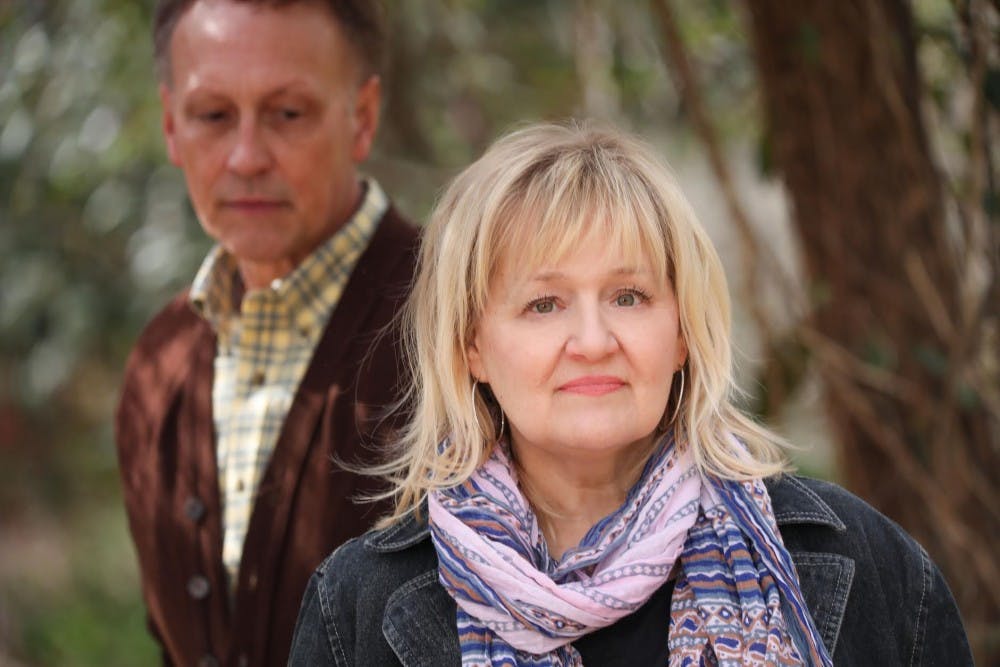Content Warning: The following article discusses sensitive topics such as pedophilia, incest and sexual assault.
One deceivingly simple question often meets the vast array of public sexual assault cases with unwavering ferocity, continuously responding to victims’ confessions with persistent stamina: “Why didn’t you speak up earlier?”
Christine Blasey Ford was not spared from this question. Neither were Wade Robson and Jimmy Safechuck, the two subjects of HBO’s “Leaving Neverland,” a documentary on allegations of child abuse against Michael Jackson.
Why do victims decide to speak up when they do? The answers differ depending on each unique situation. While some stories may conveniently include a villain with no redeeming qualities, they often involve a multitude of confusing and complicated factors, some of which are difficult for both the victim and their confidants to understand.
Beginning the first week of April, the PlayMakers Repertory Company’s production of “How I Learned to Drive” will illuminate the complexity and specificity involved in abuse cases that can often be oversimplified or misunderstood.
The Pulitzer Prize-winning play, written by Paula Vogel, details an ongoing sexual relationship between a girl nicknamed Li’l Bit and her Uncle Peck. Li’l Bit’s family is tainted with alcoholism and misogyny, and unlike the rest of her family, Uncle Peck supports Li’l Bit’s dreams of attending college and takes an interest in spending time with her. Uncle Peck even offers to teach Li’l Bit to drive, which serves as an extended metaphor for Li’l Bit’s abuse throughout the play.
Because Vogel uses “How I Learned to Drive” to explore the love and positive feelings involved in an otherwise abusive relationship, Vivienne Benesch, the PlayMakers’ producing artistic director, knew producing the play was a risky choice. However, Benesch, who studied under Vogel at Brown University, chose the play last year to facilitate a “difficult but necessary” conversation about the various forms of sexual abuse in light of the #MeToo movement.
“I don’t think Paula would have said that this wasn’t abuse, but her way into telling the story…she would then have called it a love story. She still calls it a love story, but first and foremost she calls it a story about sexual abuse and about pedophilia,” Benesch said.
After announcing the production, PlayMakers received letters from community members urging them to handle the story responsibly. Sexual abuse is already a sensitive topic in the public without the complications of incest and prolonged relationships, and Benesch understands that “How I Learned to Drive” will be met with mixed reactions.



